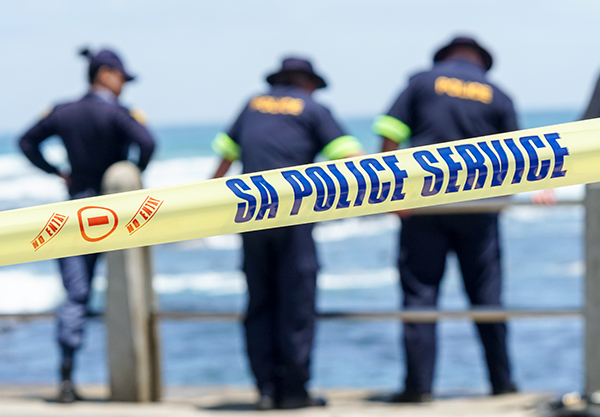At a GTNF panel in Brussels on illicit tobacco, industry leaders, academics, and regulators warned that well-intentioned policies and slow regulatory systems are helping organized-crime networks flourish — putting legal retailers at risk and undermining public-health goals. Moderator Rohan Pike, director of Rohan Pike Consulting, opened the session by challenging official rhetoric. “The Australian health department cannot issue a press release without using the words ‘world leading,’ when all we’re leading the world in is excise tax and organized crime,” he said, arguing that high taxes and restrictive policies have created perverse incentives for illegal supply. Pike said he now supports accelerated access to reduced-harm products, noting: “If we can switch someone to a reduced-harm product, we’ve reduced smoking.”
Theo Foukkare, CEO of the Australian Association of Convenience Stores, described a market under siege. Pointing to what he called ideological policymaking, Foukkare said decision-makers are listening to a narrow set of experts and ignoring real retail evidence. He recounted attacks on compliant shopkeepers and warned that, if trends continue, “the legal market will cease to exist.” He added that organized networks can import dozens of containers and still profit even when most shipments are seized.
Nick Hodsman, head of anti-illicit trade policy at BAT, stressed the scale of production driving the illicit trade. “Margins organized criminals can make are something the legal industry could only dream of,” he said, highlighting mass production in parts of Asia and growing challenges around emerging nicotine categories. Hodsman called for improved visibility on what is leaving origin countries and what actually arrives in destination markets.
King’s College London’s Dr Alexander Kupatadze warned of the complexity of criminal networks and systemic data weaknesses. He urged closer research and better integration of siloed datasets — across customs, law enforcement, and private firms — to find the “needle” in vast flows of information.
U.S. regulatory expert Lillian Ortega pointed to slow and fragmented review processes for creating a grey market for new products. Ortega blamed antiquated tracking systems, inconsistent federal enforcement, and misdeclared imports that allow illicit goods to reach consumers while compliant manufacturers wait for approvals. “Criminals thrive off confusion,” she said.
Panelists converged on several policy responses: beefing up frontline enforcement and retailer protection, modernizing tracking and customs documentation, improving inter-agency data sharing, and creating faster, clearer regulatory pathways for reduced-risk products to reduce demand for illicit supply.









